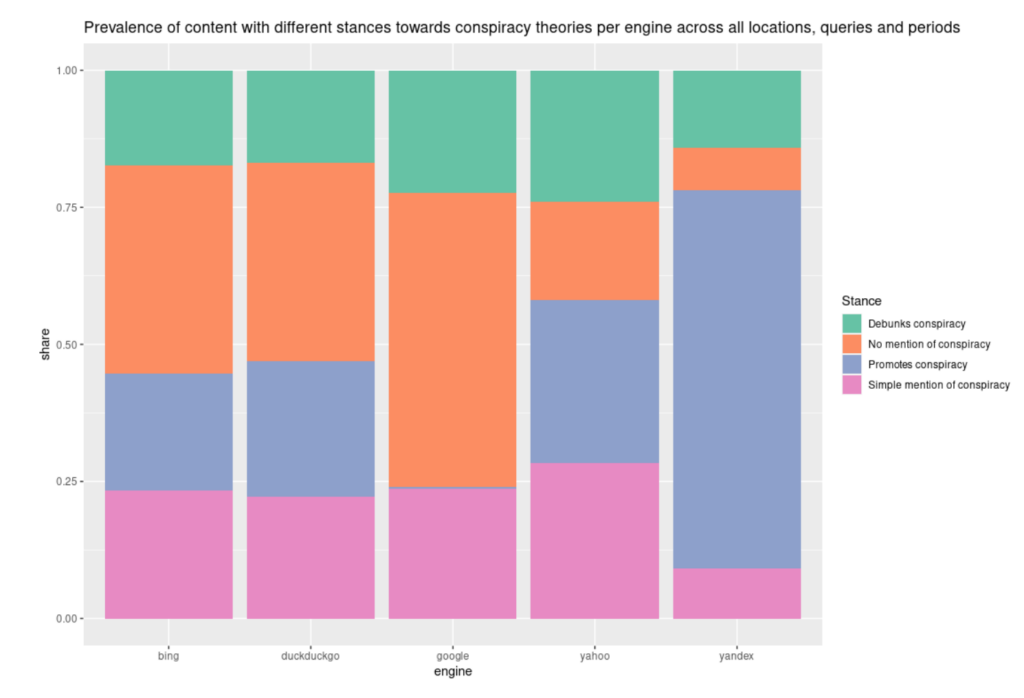That’s the spirit!

Brighton, May 2017
Quote
“Adventure is just bad planning”
- Roald Amundsen
Musical alternative to the morning’s radio news
Jimmy Yancey | At the Window
Simple, beautiful and one of my favourite piano tunes.
Long Read of the Day
Why it’s too early to get excited about Web3
This essay by Tim O’Reilly is the best thing I’ve seen so far about the breathless speculation of What’s Next in tech. Tim was the guy who coined the phrase ‘Web 2.0’ five years after the burst of the first Internet bubble. Now he’s turned his attention to the hype about crypto and blockchain as the next iteration of the Net.
Crypto enthusiast Sal Delle Palme puts it even more boldly:
“We’re witnessing the birth of a new economic system. Its features and tenets are just now being devised and refined in transparent ways by millions of people around the world. Everyone is welcome to participate.”
“I love the idealism of the Web3 vision”, writes Tim, “but we’ve been there before”.
We sure have, and this is a great overview.
He draws heavily on Carlota Perez’s Technological Revolutions and Financial Capital, particularly her view that a true technology revolution must be accompanied by the development of substantial new infrastructure. Which gives O’Reilly the important question to ask about Web3 boosterism. If it is a genuine revolution what will it leave behind ?
I realise that this stuff is an acquired taste for those of us who try to understand the tech industry. But if that’s what floats your boat, you’ll want to read the essay.
Search engines and conspiracy theories
This looks interesting:
Abstract: Web search engines are important online information intermediaries that are frequently used and highly trusted by the public despite multiple evidence of their outputs being subjected to inaccuracies and biases. One form of such inaccuracy, which so far received little scholarly attention, is the presence of conspiratorial information, namely pages promoting conspiracy theories. We address this gap by conducting a comparative algorithm audit to examine the distribution of conspiratorial information in search results across five search engines: Google, Bing, DuckDuckGo, Yahoo and Yandex. Using a virtual agent-based infrastructure, we systematically collect search outputs for six conspiracy theory-related queries (“flat earth”, “new world order”, “qanon”, “9/11”, “illuminati”, “george soros”) across three locations (two in the US and one in the UK) and two observation periods (March and May 2021). We find that all search engines except Google consistently displayed conspiracy-promoting results and returned links to conspiracy-dedicated websites in their top results, although the share of such content varied across queries. Most conspiracy-promoting results came from social media and conspiracy-dedicated websites while conspiracy-debunking information was shared by scientific websites and, to a lesser extent, legacy media. The fact that these observations are consistent across different locations and time periods highlight the possibility of some search engines systematically prioritizing conspiracy-promoting content and, thus, amplifying their distribution in the online environments.

The intriguing thing is how much better Google seems. Which is annoying for those of us who generally use a non-tracking search engine.
My commonplace booklet
-
The Chrysler Turbo Encabulator. A truly wonderful spoof video. To my astonishment, Chrysler still exists. (H/T to Ben Evans)
-
Ginsberg, Didion, Sontag: Inside the Apartments of New York City Literary Legends, c. 1995 Link
This Blog is also available as a daily email. If you think that might suit you better, why not subscribe? One email a day, Monday through Friday, delivered to your inbox. It’s free, and you can always unsubscribe if you conclude your inbox is full enough already!
